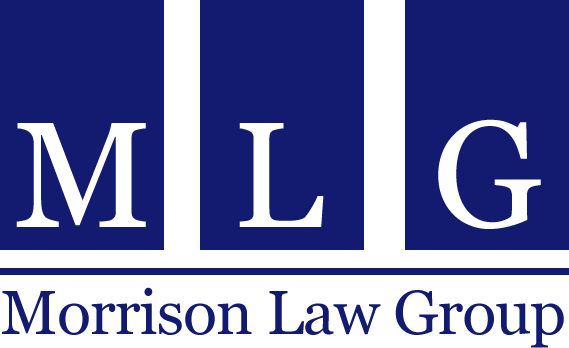The filing of a bankruptcy case triggers the automatic stay on behalf of the bankruptcy debtor in the case. The automatic stay stops most collection efforts by most creditors, including any action by a motor vehicle lessor to repossess a leased motor vehicle. The trustee in a bankruptcy case may act regarding a debtor’s lease in a bankruptcy case. Bankruptcy debtors who are lessees also may act and have two options in Chapter 7 and Chapter 13 cases – assume or reject the lease.
Leases are a separate category of debts in bankruptcy cases. While most debts in a bankruptcy case are classified as either secured or unsecured, a lease is neither form of these debts at the time that the case is filed, although unpaid rent or lease arrearages may become an unsecured claim later in the bankruptcy case.
A lease is a contract rather than any pure form of debt. It may be an ongoing contract or executory contract where one of the party’s duty to perform occurs in the future. Unlike a sale where a purchaser is expected to retain the purchased property indefinitely, a lease anticipates that the lessee will return the vehicle to the creditor in the future, typically at the end of the lease term.
The assumption of a lease is similar to the reaffirmation of a secured debt in a bankruptcy case as the debtor continues to be bound by the obligation and terms of the original lease. The debtor must continue to make the lease payments regularly in full and return the vehicle at the end of the lease term.
Bankruptcy allows debtors to reject a lease if they simply choose to do so and end their obligation to be bound by the contract. One of the tremendous benefits of filing bankruptcy is that it allows debtors to free themselves from the obligation of a burdensome lease with expensive or unaffordable payments. Rejecting the lease will release the debtor from the contract but the lessor will have the right to repossess the vehicle.
Bankruptcy trustees may assume or reject a lease. If the trustee assumes the lease, the lease continues to be enforceable according to its original terms. Typically, the trustee will only assume a lease if it presents a financial benefit to the bankruptcy estate. If there is no benefit to the estate, then the trustee will reject the lease and state that the lease is not an asset of the estate. If the trustee does not assume a lease within 60 days after the case is filed, then the lease is deemed rejected and the automatic stay ends.
However, if the bankruptcy trustee rejects the lease, a debtor may “assume” and continue with the lease or terminate the lease and surrender the vehicle. Although the bankruptcy trustee must first reject the lease before a debtor may assume the lease or surrender the vehicle, the debtor’s choice must be indicated ahead of time on Schedule G – Executory Contracts and Unexpired Leases. A debtor must also list the motor vehicle lease and the underlying details thereof on his or her Chapter 7 Individual Debtor’s Statement of Intention under Part B – “Personal property subject to unexpired leases.”
A major factor affecting a motor vehicle lease is whether the debtor is current on his or her monthly lease payments. If payments are not current, the lessor will likely file a motion to lift the automatic stay and repossess the vehicle.
A debtor must surrender the car no later than 45 days after the case is filed. Once the vehicle is surrendered, either voluntarily or involuntarily after the lifting of the automatic stay, the creditor will sell it and apply the proceeds, minus fees and costs, to the debt’s balance. The difference or deficiency between this amount and the debt balance will constitute an unsecured debt in the debtor’s bankruptcy case, which is dischargeable.
A consultation with one of the experienced and knowledgeable attorneys at the Morrison Law Group may help anyone considering bankruptcy make the best decision possible regarding a leased motor vehicle.
If the lease is assumed and the debtor fails to make payments in the future, some bankruptcy courts have held that unless the debtor signed a valid reaffirmation agreement of the car lease, the debtor is not liable for any unpaid arrearages on the car lease and the debt is discharged.
The Morrison Law Group has helped 8,000 people file bankruptcy and gain a fresh start. We’ve helped over 20,000 Utah residents deal with all types of financial difficulties caused by various severe and tragic events. Talk to us today about your Chapter 7 or Chapter 13 bankruptcy options. Call 801.456.9933 to schedule a FREE consultation. We have locations in Ogden, Logan, Sandy, and St. George to serve the residents of the counties of Weber, Cache, Salt Lake, Utah, Morgan, Davis, Washington, and surrounding areas.


